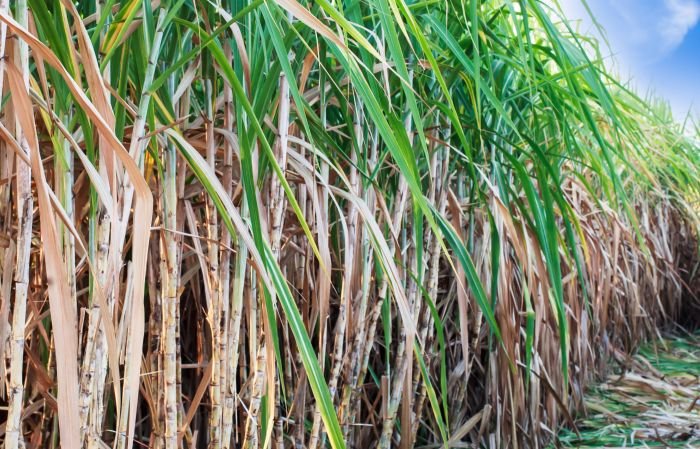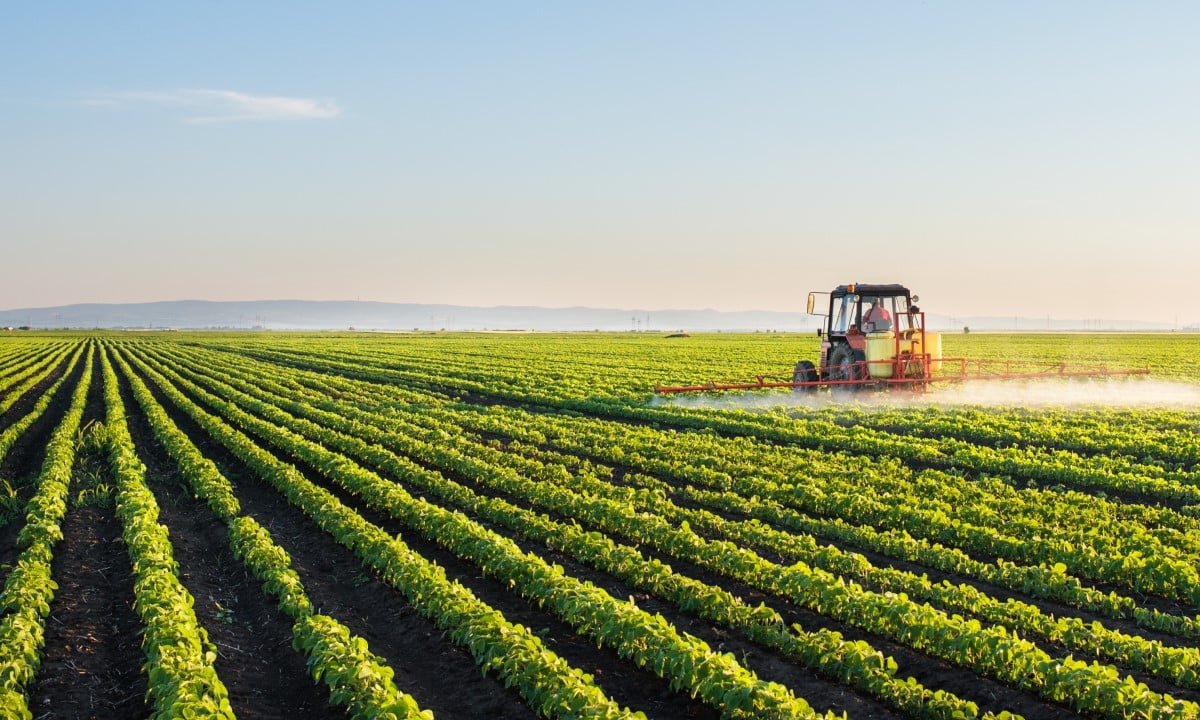A Primary Agricultural Credit Society or PACS is a type of cooperative society involved mainly in the business of agricultural credit in the rural segments of the country. Thus, it is an integral part of the Indian cooperative structure as it performs the financial intermediation role expected from cooperative organizations – serving the needs of farmers and rural population.
Formation and Structure
Normally, formation of Primary Agricultural Credit Society occurs at village level since farmers join hands to form one PACS. Society is registered under Cooperative Societies Act, 1912 of Govt. Of India. Its structure typically includes:
- General Body: This is the highest decision making organ of the PACS, which is made up of all members.
- Board of Directors: This board is appointed by the general body to oversee the day to day running of the society.
- Managing Committee: Here one has the board which is a small fraction in comparison to shareholders, and which is answerable for executive decisions.
Functions and Services
PACS play a vital role in rural development by providing a range of financial services to farmers:
- Loans: They provide different crop facility, short term for crops, medium term for agricultural production requirement, and long term for agro development.
- Deposits: PACS also accept members deposits as well as deposits from people in public, these are some of the safeguards where members and non-members can save their money.
- Remittances: They are involved in money transfer and both domestic intensions and international intentions and operations.
- Other Services: According to each PACS, some PACS may also do additional services like insurance, dispensing of fertilizers, and marketing of agricultural products.
About PACS in Rural India
PACS have done a great service in raising the economic status of the countryside of India. Hearing has assisted farmers to address some of constraints related to conventional money lending and obtain credit. Through the creation of savings and offering of other financial services, the PACS have played a major role in enhancing the growth of rural areas.
Challenges and Reforms
Despite their significance, PACS have faced several challenges, including:
- Financial Constraints: Together with loan defaults, mismanagement and absence of working capital, many PACS have faced operational problems connected with financial problems.
- Inefficiency: PACSs have been accused of having operational problems; hence, they deliver their services slowly to frustrate the customers.
- Corruption: Some of the PACS have been associated with high levels of corruption which have raised questions about their efficiency.
To address these challenges, the Indian government has implemented various reforms, such as:
- Financial Strengthening: Strategies for the enhancement of the capital structure and balance sheet of PACS through additional capital and better governance apparatuses.
- Professionalization: Intervention to support PACS management professionalization through training and capacity enhancement.
- Technology Adoption: The promotion of the use of technology in the economy, as a way of making any systems more effective, responsible and transparent.
Therefore, Primary Agricultural Credit Society which are described in this paper as vital institutions in terms of financial services in rural India are crucial. Despite these adversities, emerging reforms and consolidation of these societies are paramount to sustain their mandate to the rural populace.




